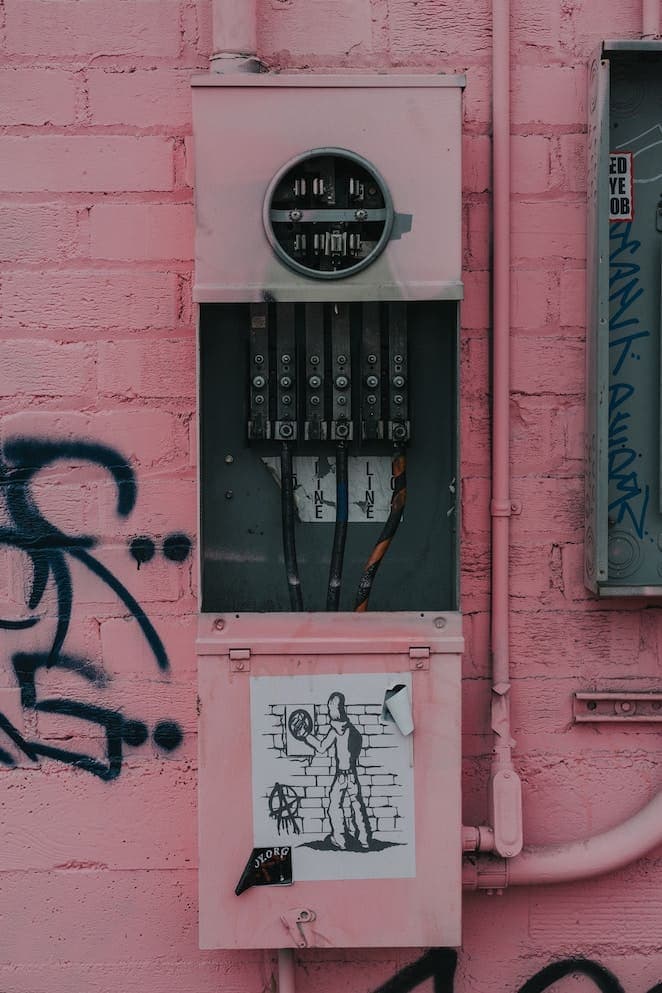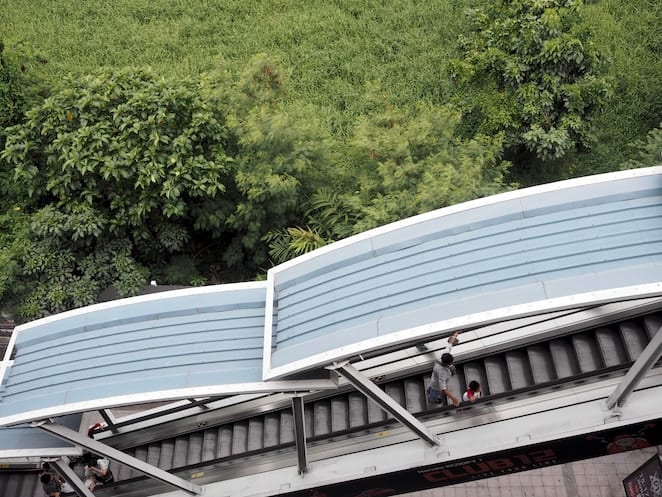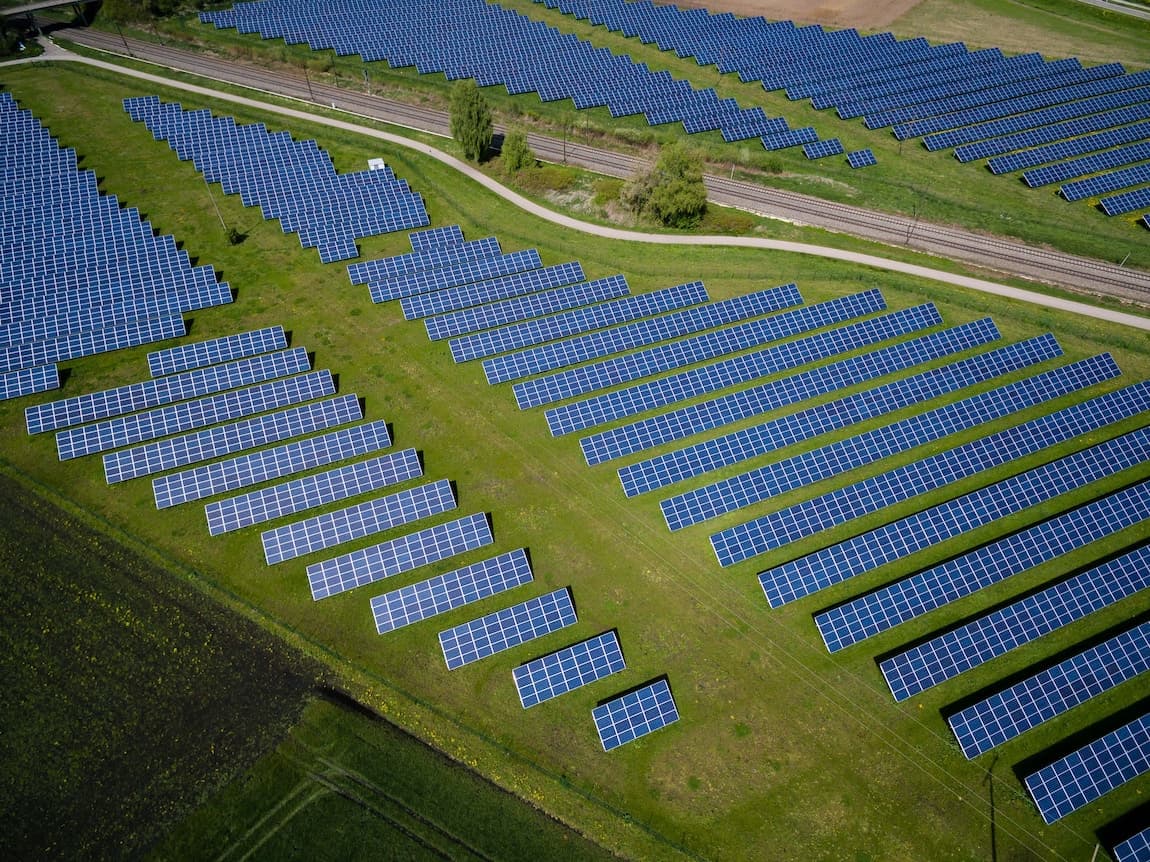If you are considering buying a commercial solar panel system for your business, there is a lot of information you should consider beforehand. If you do decide to go solar with your business, it is important to contact a reputable company to work with such as Brisbane Solar Power. The most important thing to understand is that if you are able to afford to pay your electricity bill, you will be able to afford a commercial solar power system.
1. Choosing Size Of System
The first thing to consider about commercial solar panel systems is that there are multiple sizes to choose from. For most small to mid-sized businesses, a 32 kW to 100 kW system will be perfect for your needs. If you have a larger business, you may have to go with a 100 kW or more system.
2. Connecting Commercial Systems To Power Grid
Before you connect your commercial solar panel system to the grid, it is important to get the approval from the network. Every system must be approved before they can connect. This is important to know because it involves significant costs of equipment in order to meet the conditions for approval. Be wary of commercial solar panel companies that do not disclose this information because they may not have factored the cost of the equipment needed in order to get access to the network.

3. Typical Solar Paybacks And Costs
Most commercial solar panel systems that are less than 100 kilowatts will cost upwards of $1,300 per kilowatt to be installed. If you choose to add power optimizers or microinverters, an additional 15% to 20% will be added to the final cost. It is important to realize that some commercial properties have signed off on long-term tariff contracts with the power companies. This can affect future savings and paybacks for businesses that choose to go solar. Be sure you fully read and understand the contract and terms before you sign off.
4. Monitoring
As a business, it is important not to buy a commercial solar panel system which does not monitor both the electricity consumption and the solar energy generation amounts. Without these two pieces of information, you are not going to be able to keep your energy bills as low as possible. Once your system is installed, it is important to have someone responsible for monitoring your consumption and generation each week.

5. Maintenance
It is important to adopt a regular maintenance schedule for the requirements of the CEC. The installation company is required to offer its customers a guide on maintenance and a schedule to follow to take care of their system properly. For larger commercial solar panel systems, installation companies will need to offer a comprehensive and tailor-made maintenance schedule to be conducted by them or for a third-party maintenance company the business chooses to hire.
6. Layouts And Designs For Commercial Solar Panel Systems
Most people don’t know that you do not need a roof to have a commercial solar panel system installed. When it comes to the installation, the weight is a huge factor that needs to be considered. A structural engineer will need to inspect the site physically in order to offer a certificate stating the building is structurally strong enough to withhold a commercial solar panel system safely. Before the installation is completed, be sure you are offered a detailed roofing plan to examine.
7. Financing Your Commercial Solar Panel System
If you live in Australia, there are four common ways solar panel systems for commercial businesses can be financed. These options include using cash/CapEx, a Power Purchasing Agreement, a loan or using a Building Upgrade Finance loan. You do not have to have capital upfront to have your system installed.
8. What To Expect From Installation Company Consultation
It can be intimidating to meet with the commercial solar panel system installation company the first time. During their first visit, they will conduct an analysis of your property to create an energy profile. During the visit, they will figure out what type of tariffs your business has, your energy consumption during daylight hours, how much power you use and when and will determine your needs and goals concerning electricity.
